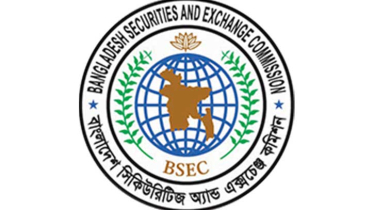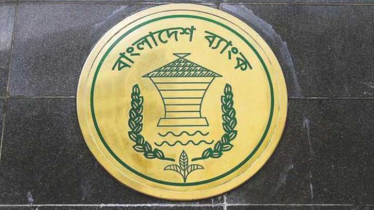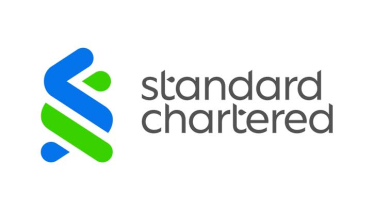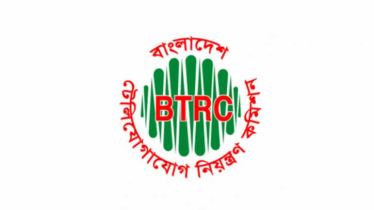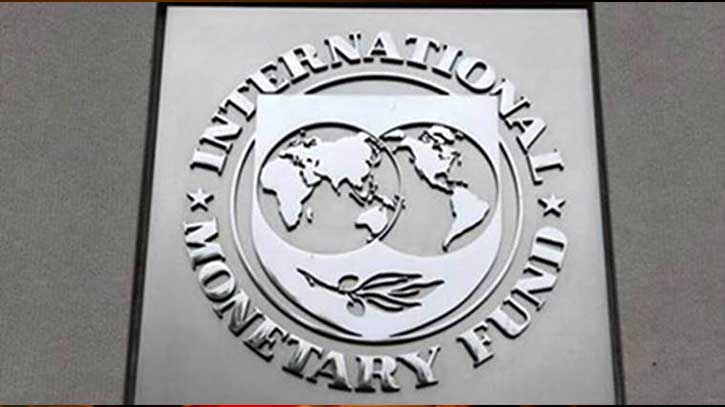
An International Monetary Fund (IMF) delegation now in lending talks with Bangladesh government suggests downsizing non-performing loans (NPLs) and ensuring good governance in financial sector, officials said Sunday.
The multilateral funding agency also recommends trimming tax waivers and rationalising import duty in order to navigate the ongoing global economic downturn and tackling current budget deficit of the country.
The suggestions were put on the board in their meetings on the day with finance and revenue departments -- in a sort of prerequisites for Bangladesh availing a USD4.5 billion worth of budget-support credit from the Fund.
Sources said the first set of dos was set forth in a meeting between the officials of the financial institution division (FID) under the finance ministry and the IMF's negotiation team at Bangladesh Secretariat in the capital.
FID secretary Sheikh Mohammad Salim Ullah led his team while IMF's mission chief for Bangladesh, Rahul Anand, led his 10-member delegation at the meeting.
The IMF team also suggested ensuring independence of the central bank and carrying out necessary reforms in financial sector, among others, as the two sides are negotiating Bangladesh's request for the $4.5-billion loan which will help replenish its dwindling foreign-currency reserves.
Sources said the FID officials agreed to implement the IMF's suggestions "in phases".
At the outset of the discussion, according to sources, an official of the FID gave a presentation on country's financial sector where state of banks and financial institutions, NPLs, governance of state-run banks, and activities of the central bank were in focus.
Thereafter, the IMF delegates gave their observation on overall financial sector, putting forward some suggestions as prerequisites for getting the funds from the international financial agency.
Neither the FID nor the IMF team did brief newsmen on what transpired between them at the meeting.
As of June this year, NPLs in banks stood over Tk 1.25 trillion from Tk 1.13 trillion in March, which accounts for 8.96 per cent of total loans disbursed.
The IMF team came to Bangladesh last Wednesday and had meetings with the finance secretary, followed by the central bank governor, and on Sunday also with the National Board of Revenue (NBR).
The IMF recommended for the country's tax-collecting authority to trim tax exemptions and rationalize import duty.
In the meeting with the revenue board, the visiting mission of the multilateral development partner suggested enhancing the country's tax-GDP ratio, billed one of the lowest in Southeast Asia.
A senior official of the NBR said the IMF mission proposed to conduct a joint study with the NBR to find the tax waivers that they say are not viable for economic growth.
Under focus in discussions was what would be the possible benchmarks under the proposed Extended Credit Facility (ECF) or Extended Fund Facility (EFF).
However, officials declined to comment on this.
As part of their exhaustive economic reappraisal mission, the IMF team met income tax, customs and VAT officials separately.
The team also held meeting with NBR chairman Abu Hena Md Rahmatul Muneem and other members of the NBR.
Official sources said the IMF wanted to know country's near-to medium- term revenue targets and measures, status of proposed customs, income tax and existing VAT and Supplementary Duty Act 2012.
The IMF mission discussed tax policy and administrative-reform priorities and status of mid-term revenue strategies.
The team also assessed the tax officials' need for technical assistance or capacity development through thorough discussion in the meeting.
Furthermore, the Fund mission discussed large taxpayers' audits and tax- collection status by the Large Taxpayers Unit (LTU), which is a brainchild of the development partner.
The NBR officials apprised the IMF team about World Trade Organization's binding rules relating to tariff rationalization after graduation from least-developed-country status in 2026.
On customs matters, the IMF mission wanted to know details of customs trade data and changes in effective rate of collection across the fiscal year.
MS


